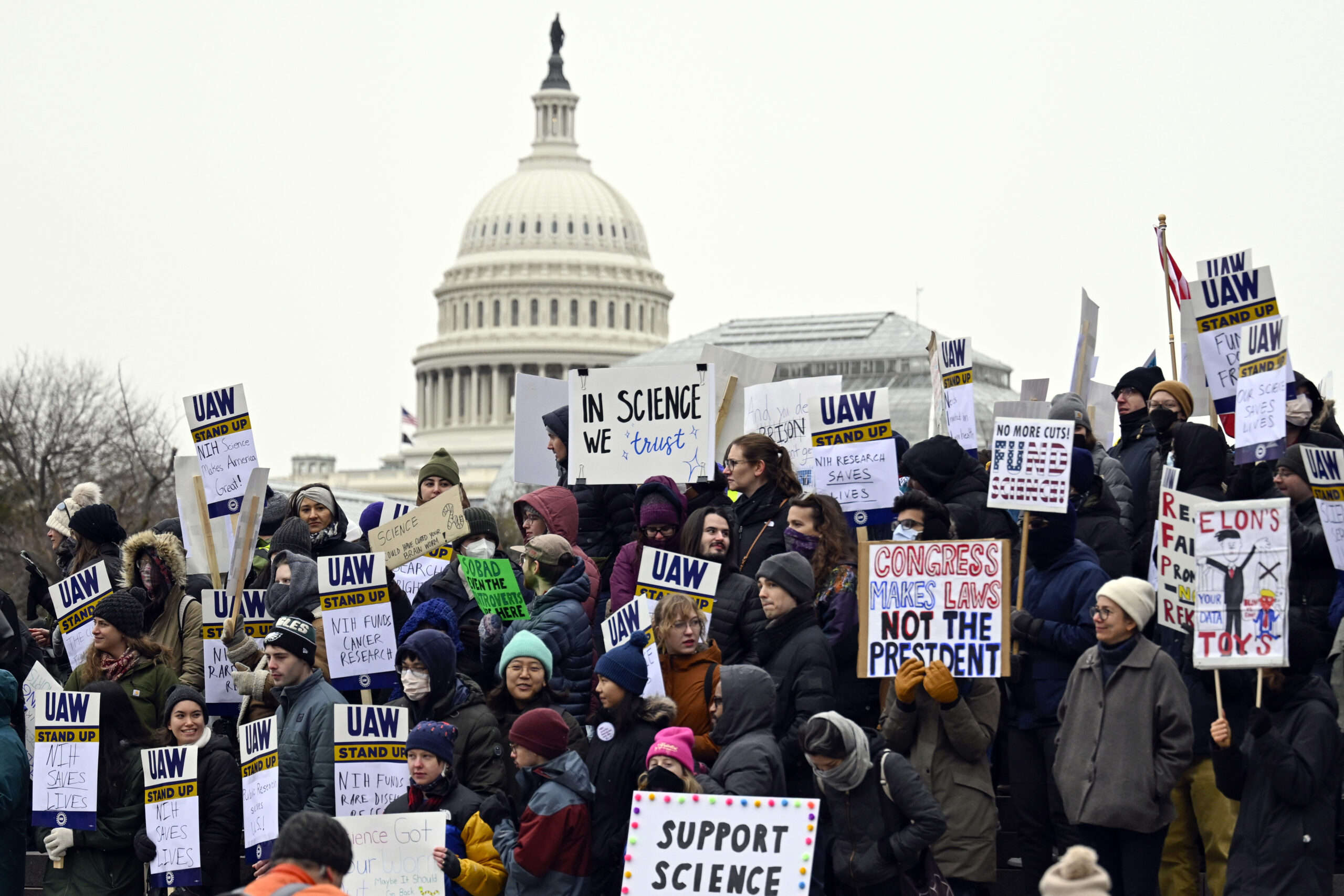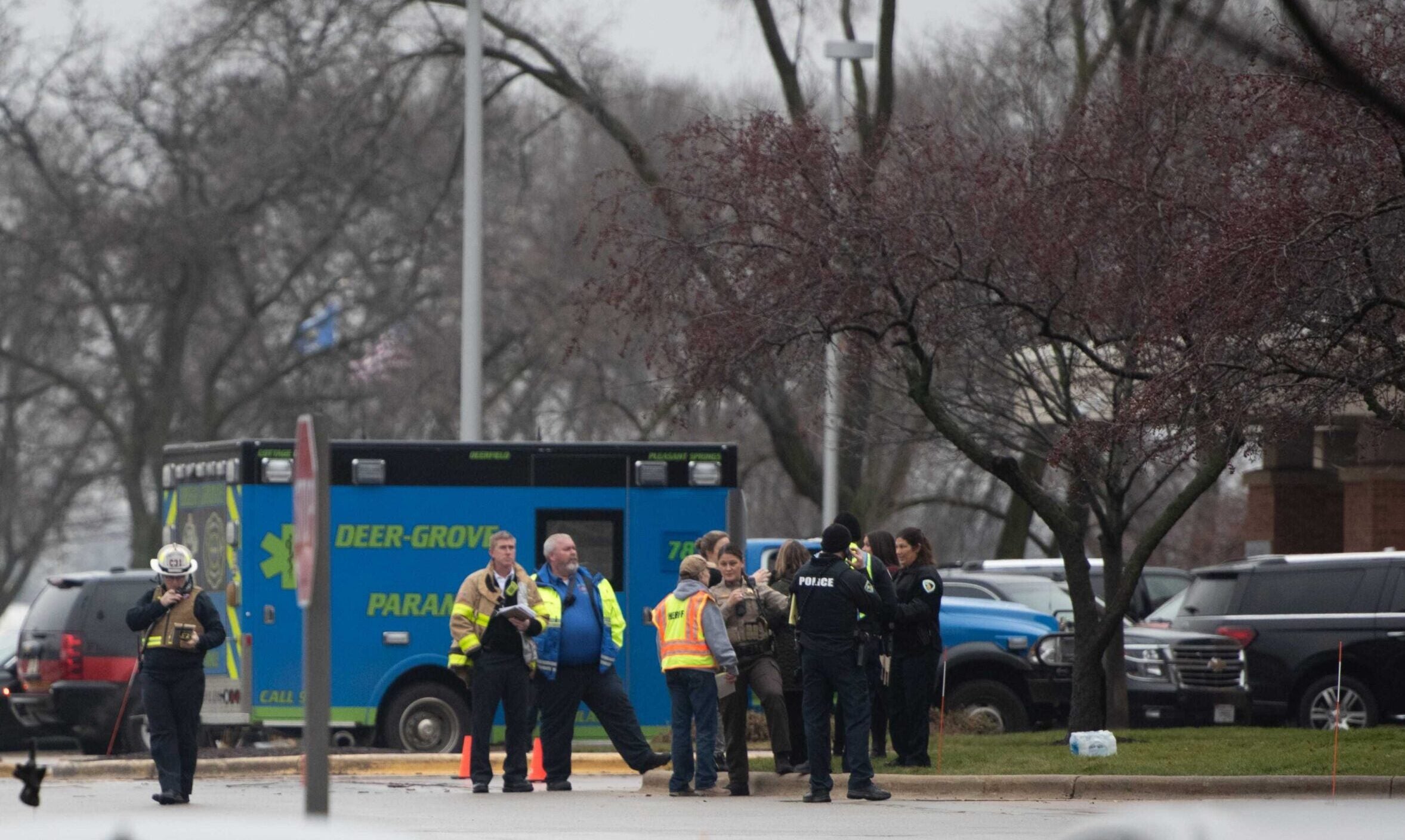The National Institutes of Health has awarded the University of Wisconsin School of Medicine and Public Health its biggest grant ever for ongoing research of inner-city asthma.
Since 2001, asthma in the U.S. has increased nearly 3 percent a year. The respiratory disease can be worse depending on where a person lives.
“Although it’s found commonly in all populations, those people living in poverty or in inner cities seem to be at greatest risk for having the disease, and if they have the disease it tends to be more severe. They are at greatest risk for morbidity and even mortality,” said Dr. William Busse, who is overseeing the research project that will benefit from the grant, called the Inner-City Asthma Consortium.
Stay informed on the latest news
Sign up for WPR’s email newsletter.
Busse said that what’s learned from their research could be used to help all those who suffer from asthma, whether they live in the inner city or not. The $70 million federal grant is the third renewal of the grant for the asthma consortium. Busse said there will be 10 clinical sites across the country as part of the research, the nearest one being Chicago.
“Our focus is on those individuals who have the most severe disease,” Busse said. “These are individuals that don’t respond to conventional forms of therapy and really need some specialized approaches to the control of their disease.”
The study will also look at ways to prevent the disease from progressing. Most people get asthma around age 6 or 7 and have it for life.
Wisconsin Public Radio, © Copyright 2025, Board of Regents of the University of Wisconsin System and Wisconsin Educational Communications Board.





